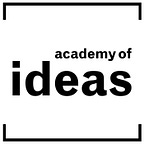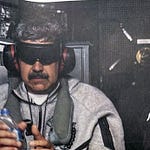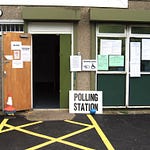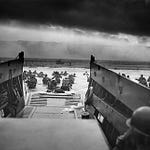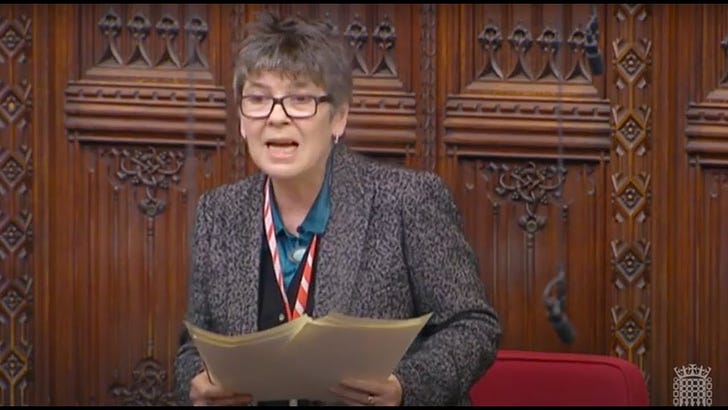The recent crisis in Ukraine has been widely portrayed in the West as a rerun of the Cold War, with a peaceful pro-EU Ukraine being pulled apart as the result of an aggressive and newly expansionist Russia seeking to re-establish hegemony over its neighbourhood. Russia’s annexing of the Ukrainian region of Crimea has been roundly condemned as violating international law, state sovereignty, democracy and causing the most serious crisis in European security since the end of the Cold War. The situation is complicated, however, by the close historic ties between Russia and Ukraine and the fact that many Russian-speaking Ukrainians want to maintain them, as well as the fact that Crimea was actually part of Russia within living memory.
Significantly, however, in recent decades Russia has tended to cite the importance of national sovereignty in opposition to Western-led foreign interventions; this is the first time it has accepted the idea that sovereignty can be overridden by other concerns. So is this the beginning of a newly aggressive Russian foreign policy, or is Ukraine a special case?
Some commentators have presented a different narrative from the Western one of Russian expansionism, pointing to European and American actions in the run-up to the crisis, such as US senator John McCain’s visit to anti-government protesters in Kiev’s Maidan before the fall of the government. It is argued that the EU and the American directly intervened with the effect of destabilising Ukraine by delegitimising an elected government and effectively hand-picking a new government, alarming many Ukrainians, in particular those in the Crimea and other Russian-speaking areas. Appeals to Ukrainian national sovereignty are further complicated by the fact that anti-Russian Ukrainians’ desire to join the EU arguably means swapping client status with one bigger power for another.
So who is right? How should we understand the current crisis over Ukraine? Is it a new Cold War provoked by Russian aggression or do we need to look closer to home to understand the causes?
SPEAKERS Professor Ivan Krastev Chairman of the Centre for Liberal Strategies in Sofia; permanent fellow at the Institute for Human Sciences in Vienna
Dr Tara McCormack lecturer in international politics, University of Leicester; author, Critique, Security and Power: the political limits to emancipatory approaches
Will Vernon producer, BBC News (speaking in a personal capacity)
Dr Kataryna Wolczuk reader in politics and international studies, University of Birmingham
CHAIR Bruno Waterfield Brussels correspondent, Daily Telegraph; co-author, No Means No

